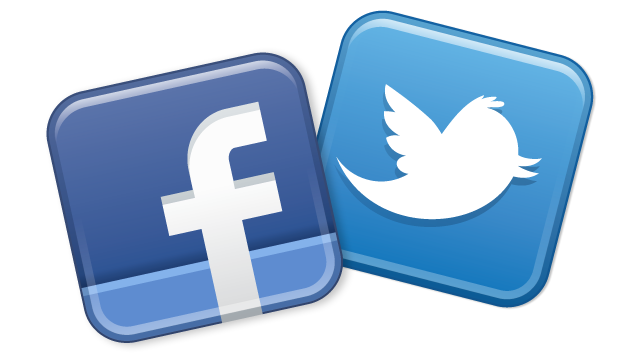A 72-year-old former military dictator has to come off as hip if he is going to win the presidency in a country where most people aren’t old enough to vote.
So the campaign of retired Gen. Muhammadu Buhari spends time on Twitter blasting his opponent and touting an app that lets users take a selfie with the candidate.
Not long ago, elections in Africa’s biggest democracy were won through rigging and intimidation, not tweets. But Saturday’s coming vote is a more modern affair.
“Life in this campaign, it’s wake up, check your social-media profile, check what’s trending and drop a few antiestablishment bombs,” said Gbenga Olorunpomi, one of the Twitter personalities promoting Gen. Buhari online. “I call what’s going on a revolution.”
In Nigeria, where half the population is under the voting age of 18, a new set of votes is coming up for grabs: Young, smart-phone-thumbing residents in big cities like Lagos.
Those millions of urbanites—caught between Africa’s newfound prosperity and its enduring joblessness—are enough to swing an election. Many are Christians who say they are increasingly willing to vote for a Muslim.
Both sides are courting them in ways that might seem clichéd in the U.S., but are utterly novel in Nigeria.
President Goodluck Jonathan has American-style attack ads. Many commercials end with the tagline “FORWARD,” the slogan that helped Barack Obama win his second presidential term. Democratic consultant Joe Trippi, a personal friend of Mr. Jonathan, said he helped create some of them, and designed a website.
The other side is taking its own cues from Mr. Obama: “Change,” scream posters plastered across this city, above the toothy grin of Gen. Buhari. Last year, his party paid Chicago’s AKPD Message and Media, which helped Mr. Obama win his first term, to poll Nigeria.
The results spelled out what all sides already suspected.
“If you can’t win the youth vote, you won’t win the election,” said Mark Pursey, a managing partner of British public-relations firm BTP Advisers, which has also been advising Gen. Buhari’s campaign.
All of this is new to Nigeria, and it might prove insufficient to sway an election. Observers have pronounced as rigged almost every vote here since independence in 1960. More recent elections were seen to be fairer, but still marred by vote buying and violence.
Mostly, Christians have voted for Christians and Muslims for Muslims. The 2011 presidential election ended in religious riots. Some 800 people died in brawls over whether a Muslim or Christian should lead Nigeria.
So this year, in his fourth try for the presidency, Gen. Buhari, the Muslim candidate, put more effort into wooing Christian votes. First, he picked a pastor as his running mate.
One recent afternoon, that preacher, Yemi Osinbajo, who is also a prominent lawyer, sat in a Lagos banquet hall to hear the concerns of his fellow Christians. Over meatballs and finger food, some of the country’s most powerful pastors debated whether Christians could bring themselves to vote for a Muslim.
“If we are not careful, Islam will use Osinbajo to take over Christianity,” one man said, summarizing the misgivings he had heard from other churchgoers.
Even before Mr. Osinbajo won the nomination, he said he felt he could deliver Christians to Nigeria’s Muslim-led opposition. He started in early 2014 by recruiting recent college graduates to canvas their crowded and flooded neighborhoods to ask voters about their frustrations.
A year later, those 25,000 surveyors are still at it. A pair of 28-year-olds spent one afternoon this month in a Lagos neighborhood, carrying clipboards past zipping motorcycles, banged-up minivans, stray chickens, wheelbarrow-pushers, and goats, as they asked undecided voters for their cellphone numbers. They also asked what—besides a shared religion and ethnicity—residents wanted from a president.
A young tailor pedaling a foot-powered sewing machine complained he wanted electricity. A rubber-band saleswoman feeding her 3-year-old daughter said she wanted public schools to offer lunch. All around them, jobless men drank gin from plastic containers, played checkers or slept on benches.
The phone numbers ended up in a calling center, which was packed with young staffers the next day. Inside, telemarketers were dialing swing voters, reassuring Christians that Gen. Buhari isn’t bigoted. Mostly, they asked young voters what their dreams are for Nigeria, jabbering with them in Pidgin, the informal, slang-English of Nigeria’s street.
“What thing be the issue for Nigeria?” one telemarketer said, asking a man on the other end what he felt the biggest issue facing the country was. “Education,” the man replied.

